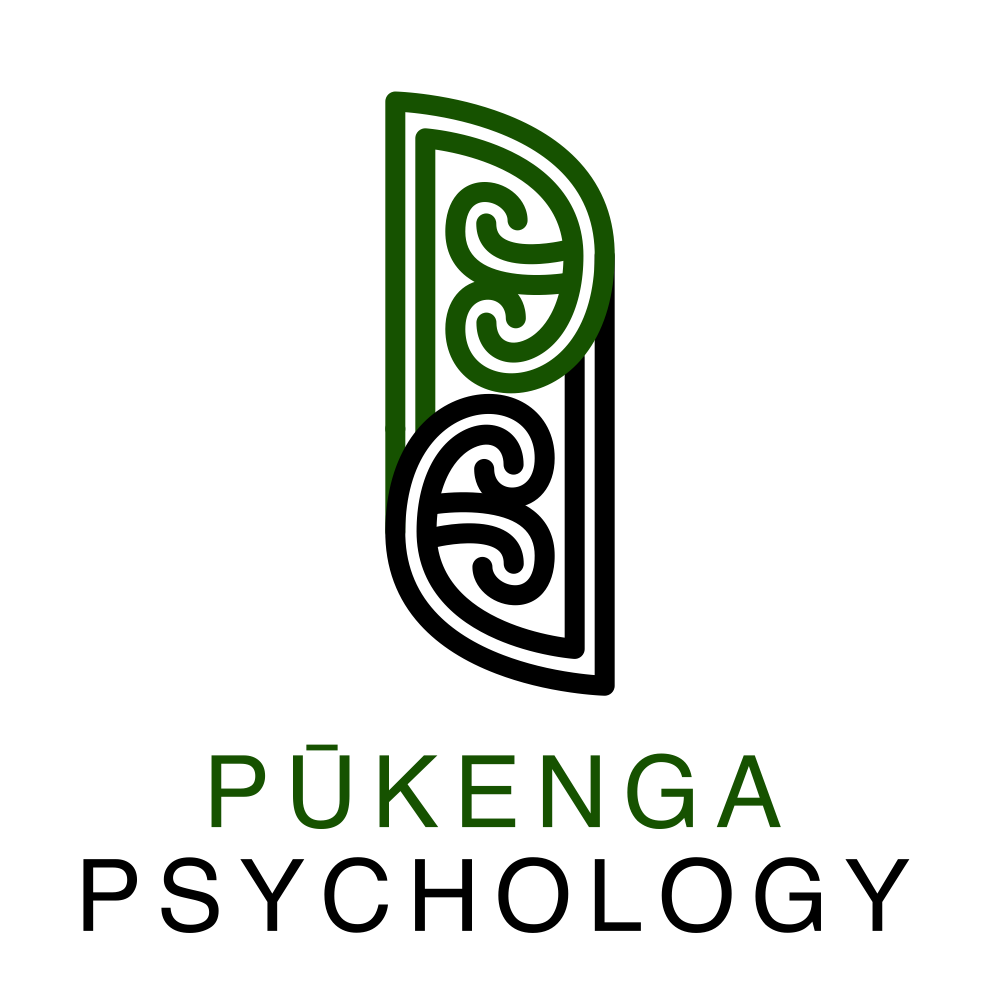This last week I have been reflecting on the struggles that often occur in existing alongside big systems. One's that hold expectations of how you should operate, perform or exist in a particular way. Some of these systems include health care, justice, parliament right through to systems like work and income. These systems function like big machines leaving little room for personal struggles.
I once had a mentor reflect to me how some systems are like a hungry beast and that they just keep eating. You have to decide how much you feed them - the food being fed being a representation of your time, energy and self. Sometimes we keep giving without even realizing the toll.
I think we get caught up in living or working within these environments the toll that exist becomes our norm. We adjust and accommodate our behaviors, thinking, roles and routines. However, over time the cracks begin to show.
We might notice ourselves becoming a little more fatigued, tired or short. This leads to burn out. I know an over used term, one we hear about all the time. But I wanted to share what burn out looks and often feels like and some tips for self-preservation. Meaning ways to prevent, reduce or respond to burn out.
Burnout is a state where your tinana, hinengaro and wairua is in a state of exhaustion or depletion. It is caused by chronic stress and overwhelming work or life demands. A depleted mauri can significantly impact a person's overall hauora.
Signs;
Tinana: Feeling constantly tired and drained, even after getting enough rest. It can lead to physical fatigue and a lack of energy to perform daily tasks.
Insomnia or Sleep Problems: Having trouble falling asleep, staying asleep, or waking up feeling unrefreshed.
Hinengaro: Experiencing emotional overwhelm, irritability, and a sense of detachment. It can make you feel emotionally drained and unable to cope with stressors.
Reduced Focus: A noticeable decline in ability to focus and complete mahi, as well as difficulty concentrating or making decisions. It can impair cognitive functions where decisions made often don't reflect your values.
Increased Cynicism and Negativity: Developing a negative outlook on life, mahi, or relationships. It can lead to feelings of hopelessness and a pessimistic attitude. Where you expect the worst from situations and people.
Withdrawal from Responsibilities: Withdrawing from social interactions, mahi, or activities that were once enjoyable. It can cause a loss of interest in things that used to bring pleasure.
Physical Symptoms: Experiencing physical symptoms like headaches, stomachaches, or frequent illnesses due to chronic stress. It can manifest as various physical ailments.
Increased Irritability: Becoming easily frustrated or agitated, even over minor issues.
It's essential to recognize these signs and nurture your hauora promptly to prevent further negative consequences for your hauora. If you suspect you or someone else is experiencing burnout, seeking support from a healthcare professional or counselor is recommended.
Self-preservation
Setting Boundaries: Establishing clear boundaries in personal and professional life to avoid excessive demands and overcommitment.
Prioritizing Self-Care: Allocating time for activities that promote relaxation, joy, and rejuvenation, such as hobbies, exercise, or spending time with loved ones.
Seeking Support: Reaching out to friends, whānau, or professionals to share feelings, seek guidance, and receive emotional support.
Taking Breaks: Allowing oneself to take regular breaks during the day, including short breaks during mahi or study hours, to recharge and refocus.
Practicing Mauritau: Embracing mauritau practices, such as meditation or deep breathing, to stay present and manage stress effectively.
Assessing Workload: Evaluating the workload and responsibilities and delegating tasks when possible to prevent becoming overwhelmed.
Identifying Triggers: Recognizing situations or factors that contribute to how you are feeling and taking proactive steps to minimize or address them.
Nourishing kai: Paying attention to a balanced and healthy diet, as nutrition plays a significant role in overall well-being.
Adequate Sleep: sufficient and restful sleep to support physical and mental recovery.
Seeking Professional Help: If it feels to overwhelming or severe and self-help strategies are not sufficient, seeking assistance from mental health professionals or counselors can be beneficial.
Te Ao Māori strategies:
Whakawhanaungatanga: Engage in meaningful relationships with whānau, friends, and community members for support and a sense of belonging.
Karakia: Start your day with a karakia, a Māori prayer or incantation, to center yourself and set positive intentions.
Mahi-ā-ringa: Engage in mahi toi or creative activities like drawing, weaving, or crafting to express yourself and promote mindfulness.
Hākinakina: Participate in traditional Māori physical activities like waka ama, or haka to connect with culture and improve well-being.
Ronogā Māori: Explore traditional Māori healing practices, such as rongoā or mirimiri, to address physical and emotional imbalances.
Whakapapa: Connect with your whakapapa and learn about your Tīpuna to re-connect with the strength or your Māoritanga.
Manaakitanga: Practice manaakitanga by extending kindness and hospitality to others, which can also positively impact your own well-being. The giveback whether it be back at your papa kāinga or some where local.
Māramatanga: Engage in learning something new that will excite or reignite a spark, find a local wānanga.
Wairua: Cultivate your spiritual connection by spending time in nature, meditating, or participating in tikanga Māori (Māori customs) ceremonies.

